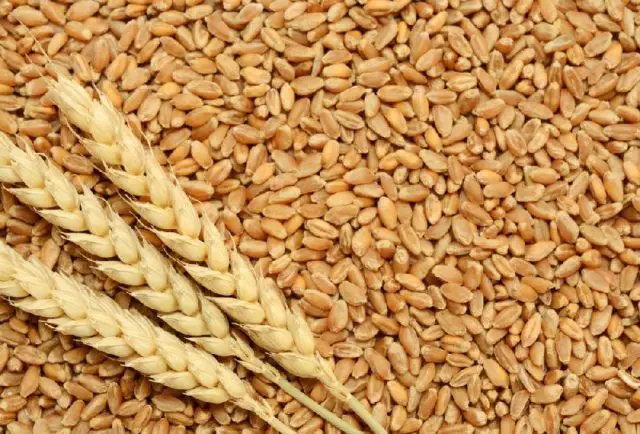Properties of wheat flour are present in foods of the cereals category, which are usually available in many varieties that can be found in any supermarket. It belongs to the large family of grains. This brings great benefits to the body with its proteins, nutrients, and carbohydrates working for your health. Although many experts affirm that wheat flour is a portion of food that sabotages diets as such, it really consists of the right balance and how to regulate its consumption.
Wheat flour nutritional value
It is composed of 9.80 g in protein and 1.20 g in fat per 100 g. Among its nutrients, there is vitamin K, vitamin B3, vitamin B7, and vitamin B9. Its other nutrients are calories, fibers, minerals, cholesterol among other important constituents that derive from this kind of flour. It is also a food rich in carbohydrates since more than 100 grams of this contains 70.60 carbohydrates which benefits the body. It is a low-purine food. In addition, 100 g of wheat flour contains the following nutrients for the body, 1mg in iron, 0.78 mg in zinc, 4.28 fiber, 17 mg of calcium, 146 mg of potassium, 10 mg of iodine, 23 mg in magnesium, 2 mg of sodium.

Among its vitamins, it is important to note the following proportions: vitamin A 0 ug, in vitamin B1 0.11ug, vitamin B2 0.03 mg, vitamin B3 2.33 mg, vitamin B5 0.40 ug, vitamin B6 0.10mg, vitamin B7 1.10 ug, vitamin B9 16 ug, vitamin B12 0 ug, 0 in vitamin C, vitamin D 0 ug, vitamin E 0.34 mg, vitamin K 32.70 ug, phosphorus 108 mg. In calories 341 KCAL, 1.20 g of fat, and 0.70 g of sugar. Wheat flour is low in cholesterol which brings an excellent benefit to the heart and the circulatory system. Also, having no purine brings benefits to people that maintain high uric acid levels.
Wheat flour… Is it a friend or an enemy of health?
Its withdrawal is vital for people who start a strict diet because of its high-gluten content. Also, by avoiding this kind of flour and its derivatives which have already been processed and are rich in carbohydrate and sugar, it protects from the negative effect on blood glucose levels, which lead to rapid weight gain and diabetes.
In some countries, they advocate the complete elimination of this kind of flour from the diet to control the level of glucose in the blood. This is mainly useful for those who suffer from diabetes because in this matter insulin levels are better controlled; a lower level of glucose in the blood helps prevent gluten intolerance and reduce the possibility of developing an immune disorder. Another disadvantage of this flour is its difficulty to be digested.
The consumption of wheat flour products may induce a certain type of allergies, attracting symptoms of nasal secretion, nausea, diarrhea, wheezing, among others. Also, skin reactions and “baker’s asthma” have become common in some countries of Latin America and Europe.
The advocates for the elimination of wheat flour products from diets state that wheat grains grown nowadays have gone “biologically” bad. These have been controversial statements that still do not convince most people. Some experts give their support to this position, while a majority still advocate and defend it as an important dietary resource for people’s health in general.

